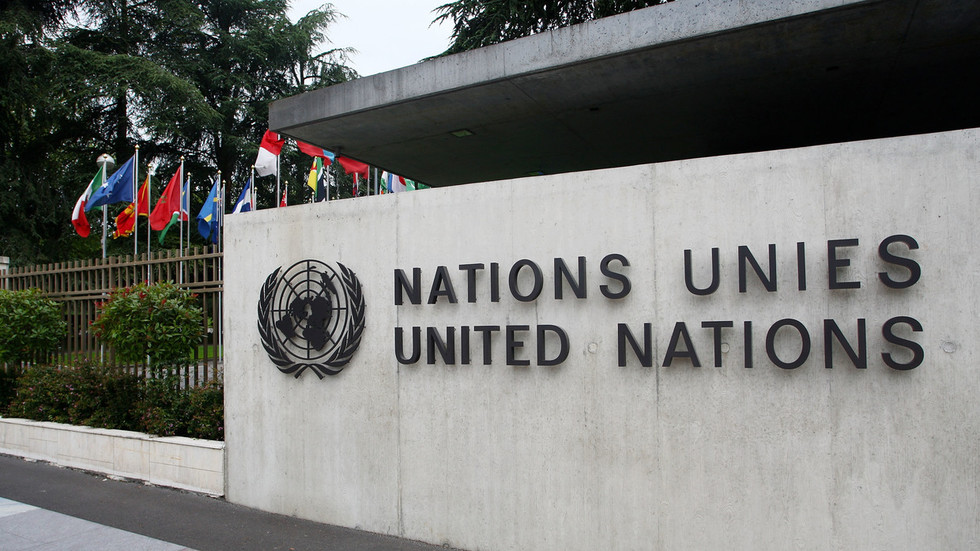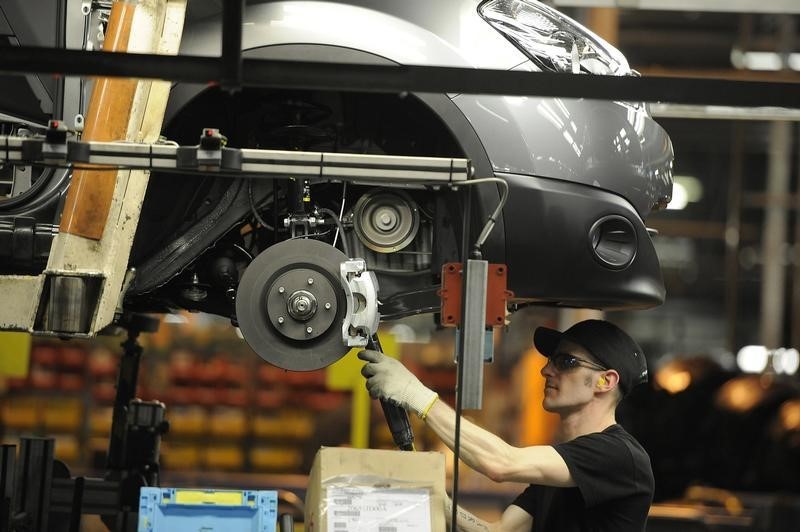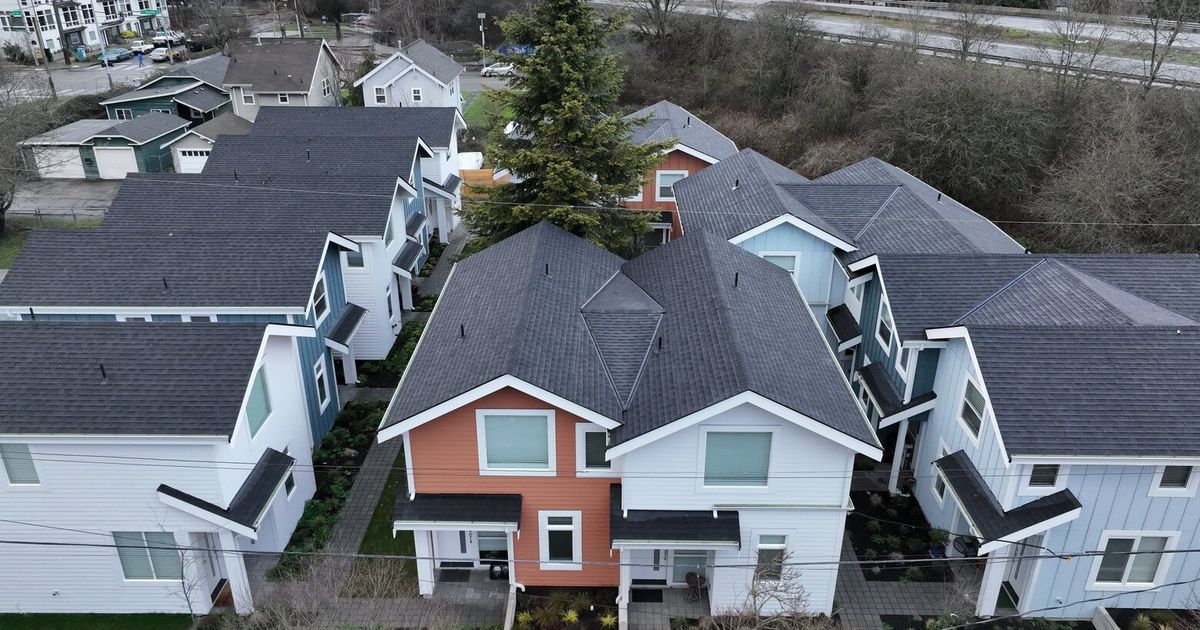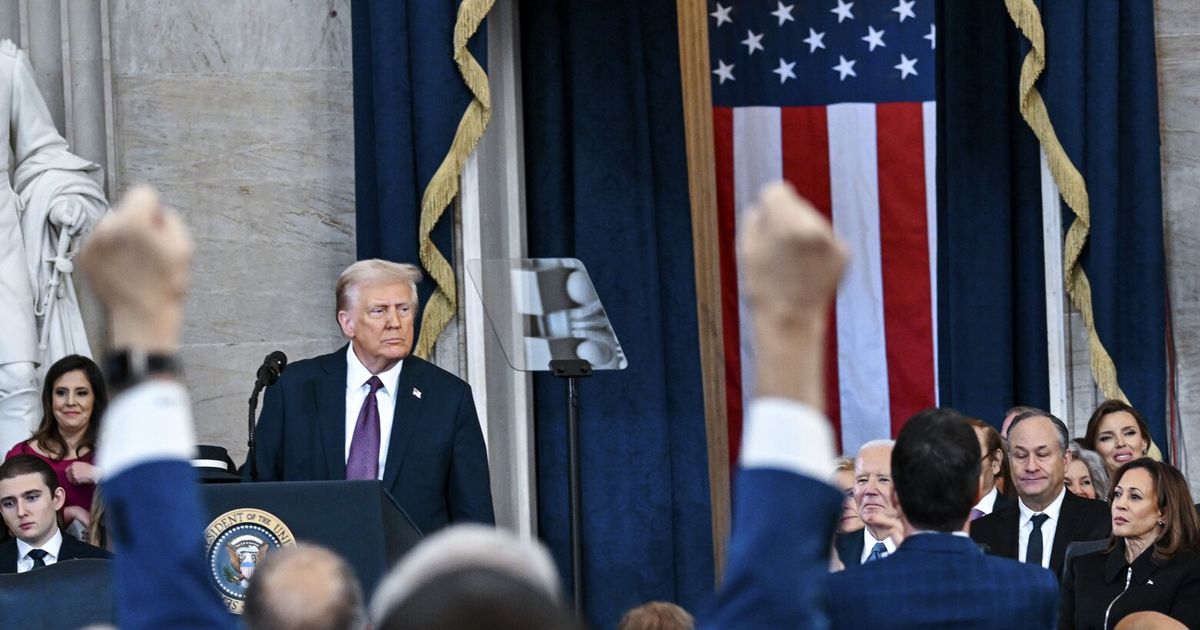The government is due to outline new plans to tackle small-boat crossings.
It follows large increases in the number of migrants crossing the Channel.
What is the government’s new plan to stop small-boat crossings?
Powers under the Illegal Migration Bill are expected to include:
A duty to detain and remove those arriving illegally to Rwanda or a “safe” third country “as soon as reasonably practicable”
Exemptions would apply to under-18s and those with serious medical conditions
Those removed would be blocked from returning to the UK or seeking British citizenship in future
The new law would apply retrospectively, with anyone arriving illegally from Tuesday at risk of deportation
Can asylum seekers currently reach the UK legally?
It is already illegal for migrants to knowingly enter the UK without a visa or special permission.
People who do so can be jailed for up to four years and removed to a safe country. However, between June and November fewer than 100 people who crossed in small boats were arrested.
The UK also has an international legal duty to not criminally penalise anyone seeking protection as a refugee.
What are the routes to claim asylum in the UK?
The Home Office says there are a number of “safe and legal” routes to the UK. However, some are only available to people from specific countries such as Afghanistan and Ukraine, or British National status holders in Hong Kong.
Other asylum routes only accept a limited number of refugees:
UK Resettlement Scheme – prioritises those from regions in conflict. It planned to resettle 5,000 in its first year, but resettled 1,125
Community Sponsorship Scheme – for local community groups to provide accommodation and support for refugees. In 2021, 144 people used this route
Refugee Family Reunion – for partners and children under 18 of those already granted protection in the UK. In 2021, 6,134 visas were granted
Mandate Resettlement Scheme – to resettle refugees who have a close family member in the UK who can offer a home. The scheme has resettled about 430 refugees since 2004, but just two people in 2021
Organisations including the Refugee Council and Amnesty International says there are no safe and legal routes for most people to seek asylum in the UK.
What has the government already said it will do about small-boats?
Prime Minister Rishi Sunak set out plans to reduce numbers:
a new Small Boats Command Centre bringing together the military and National Crime Agency (NCA)
increased funding for the NCA to address immigration crime
more raids on people suspected of working illegally
moving up to 10,000 migrants into disused university halls and holiday parks to save on hotel costs
The government also pledged to abolish the backlog of initial asylum decisions by end of 2023.
It later said this only covers the 92,601 initial asylum decisions from claims made before June 2022.
The government also announced a new agreement with Albania to place more UK Border Force staff in its capital Tirana, and to fast track the return of failed asylum seekers.

In November, a £63m deal was signed with France to pay for additional French officers patrolling the Channel and more use of drones.
Ministers also want to send some asylum seekers to Rwanda for their claims to be processed there.
What happens when people arrive in the UK?
Most people arriving by boat claim asylum on arrival in the UK.
An asylum seeker is a person who has applied for the right to seek shelter and protection in another country.
Asylum seekers have an initial interview and – if their case is accepted – they can apply to remain in the UK.
However, asylum claims from 28 June 2022 can be rejected if the applicant has a connection to a safe third country. This includes passing through France.
The Home Office says applicants should receive a decision within six months, but in the year to June 2022 70% had not heard back within that time.
Asylum seekers usually cannot work while their case is considered.
If their application for asylum is accepted, they can stay in the UK. If rejected, they face being returned to the country they came from, but can appeal.
Clarification 2 December: This article has been amended to make clear that the government’s “safe and legal” routes are only available to certain groups of people who have already been recognised as refugees, or family members of refugees already in the UK.
















